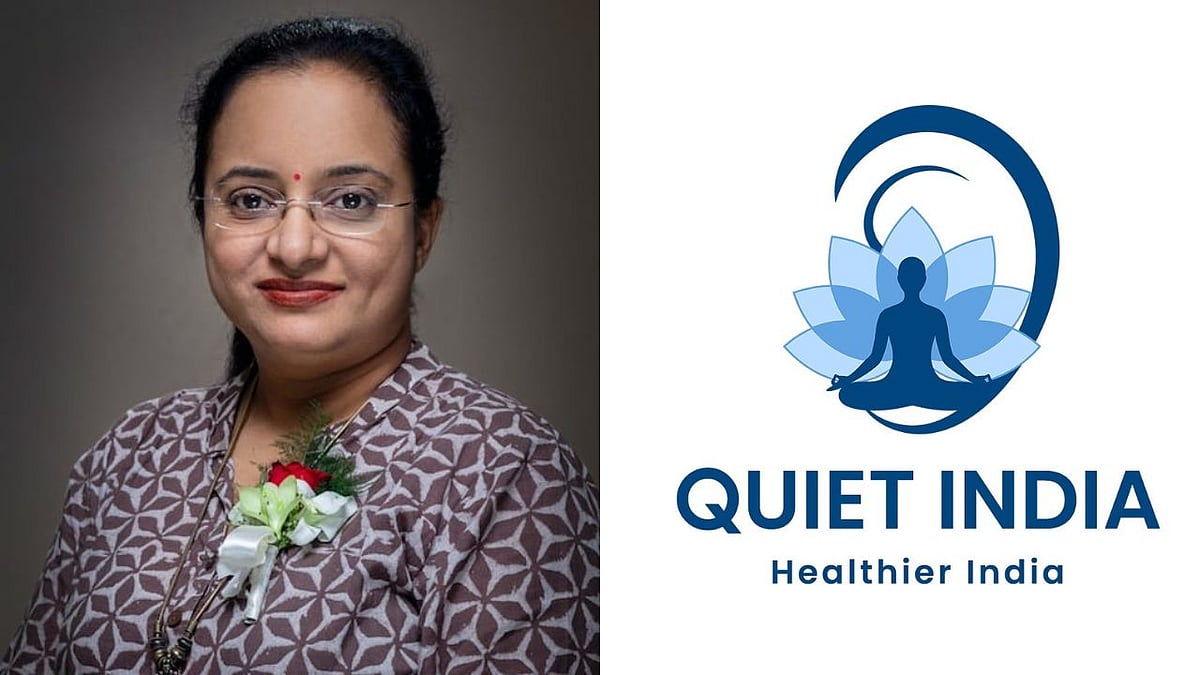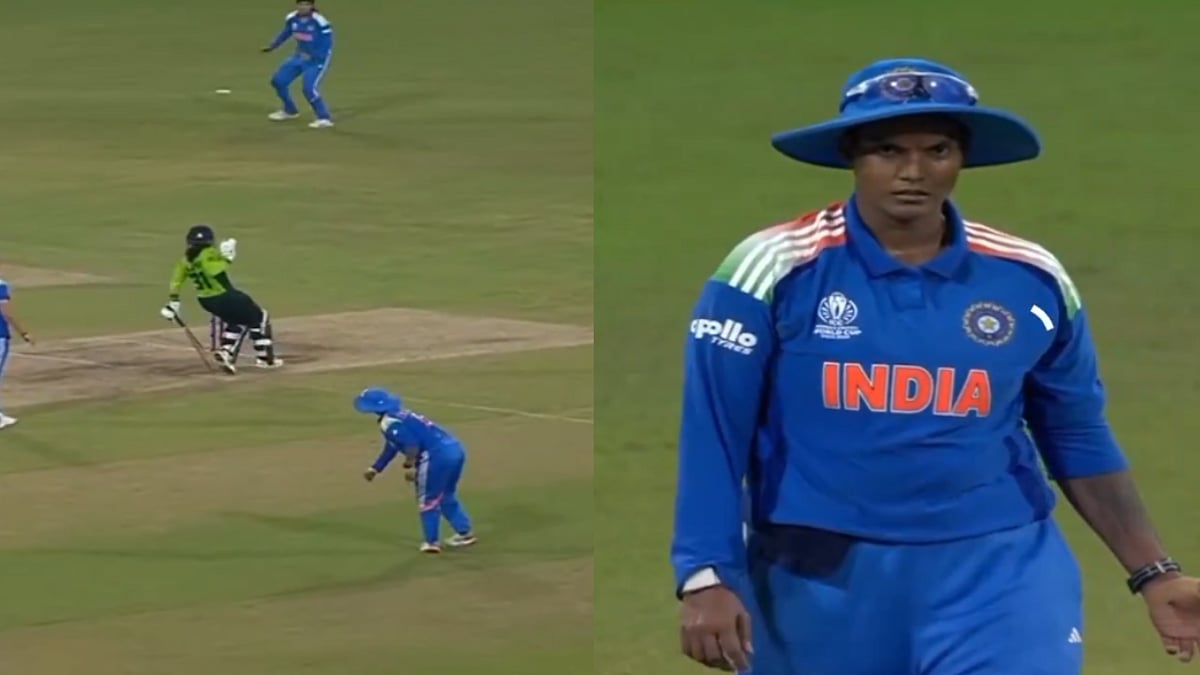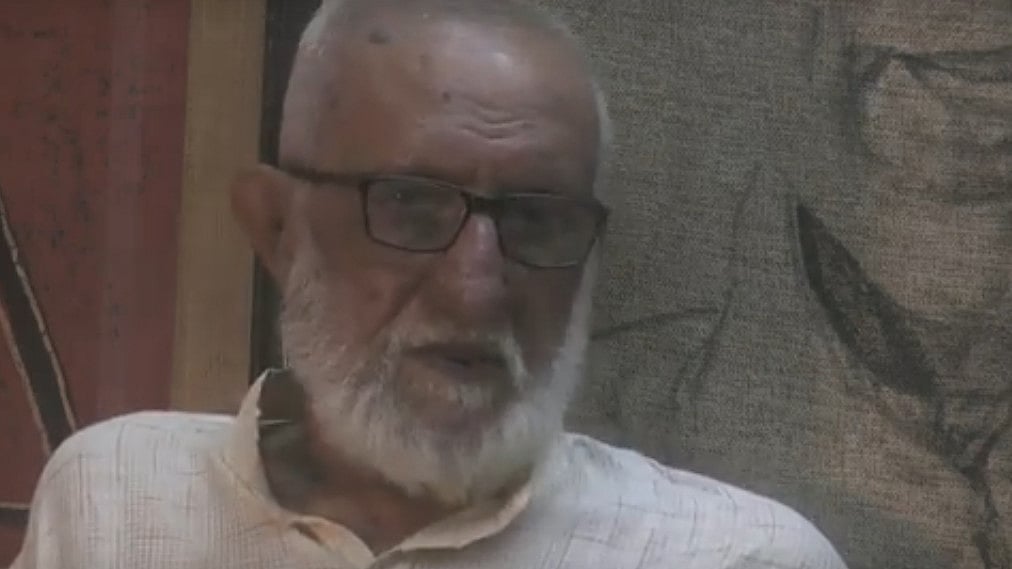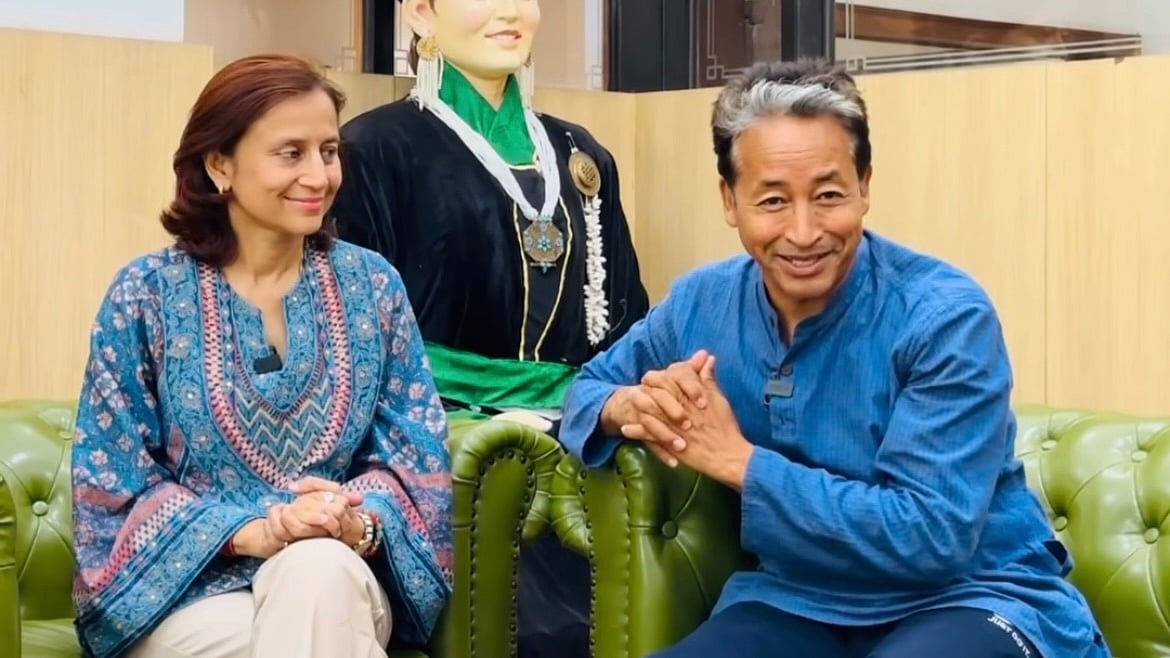Political correctness can be problematic at times. We live in fraught times where modern and ancient often clash and more often compromise. Yet, wisdom lies in finding the middle ground. In the specific instance, the enactment of the SC-ST (Prevention of Atrocities) Act, 1989, was meant to rid the society of the endemic bias against the traditionally suppressed castes and empower them to live with dignity and respect as equal members of the egalitarian society as conceived by the founding fathers. However, experience had shown that the law was being widely misused to blackmail, intimidate and harass even innocent people, especially in UP when a demonstrably pro-Dalit regime emboldened these sections to settle old scores against the upper castes. It was this misuse that led a two-member bench of the Supreme Court in March last year to prescribe a few well-meaning safeguards before proceeding with the execution of the rather harsh provisions of the said Act.
In order to guard against false or frivolous complaints, the bench provided that a preliminary inquiry be undertaken by a senior officer before arresting the alleged offender and, more importantly, anticipatory bail be granted by courts to those fearing such a complaint. As we had then argued in this space, the court in no way was seeking to dilute or undermine the Act, only seeking to ensure against its abuse for harassing innocents. It was akin to the precautions it had prescribed earlier after long and widespread abuse of the law to end the ingrained social practice of dowry harassment of women. Laws against marital cruelty and demands for dowry allowed some women and their extended families to lodge FIRs naming not only the errant husband and his aged parents but even their distant cousins and their parents and in some cases their in-laws as well.
Arrest under the anti-dowry law too was mandatory till the courts stepped in to check the rampant abuse, especially in northern India by families seeped in the old Hindu tradition of spending big on a daughter’s marriage, including dowry, and then cutting her off from the family inheritance altogether. Thankfully, no public protests followed the court-led corrections in that law, nor, for that matter, did the legislature feel the need to restore the original law as initially passed. The case of the SC-ST anti-atrocity law was on a different footing since these groups constituted a significant vote-bank. The political parties were quick to jump in the fray, misleading the people that the SC-directed precautions were a bid to dilute the original Act.
Given the nearness of the parliamentary poll, the Modi Government took heed of the politically motivated mobilization of the Dalit groups to nix the SC order through an ordinance which was later replaced by a legislative measure to restore the Act to its original form. Two days ago, on the Centre’s appeal a three-member bench recalled the March 2018 order prescribing safeguards in the application of the harsh provisions of the anti-atrocity law.
The larger bench argued that additional safeguards prescribed by the two-member bench tended to suggest that Dalits and Adivasis were more prone to abuse the law than other communities the laws meant for the general population. Besides, discrimination of the traditionally under-privileged groups was a social reality and a special law for their protection was a necessity. In other words, the court while withdrawing the earlier order endorsed the case put forward by the central government. Contrary to the propaganda unleashed by new-fangled Dalit leaders and Mayawati of the BSP, the ruling BJP under Modi has been rather overzealous in defending its credentials as a pro-Dalit party. This was also reflected in the parliamentary poll that followed the legislative amendment nixing the March 2018 apex court order with the ruling regime overwhelmingly sweeping the reserved seats in the Hindi heartland, the very epicenter of the Dalit protests following the court order. We cannot, however, say that the apex court while rejecting the order of the two-member bench was being politically correct, but what we can say is that politicians of all hues often prioritize votes over commonsense and even experience.










